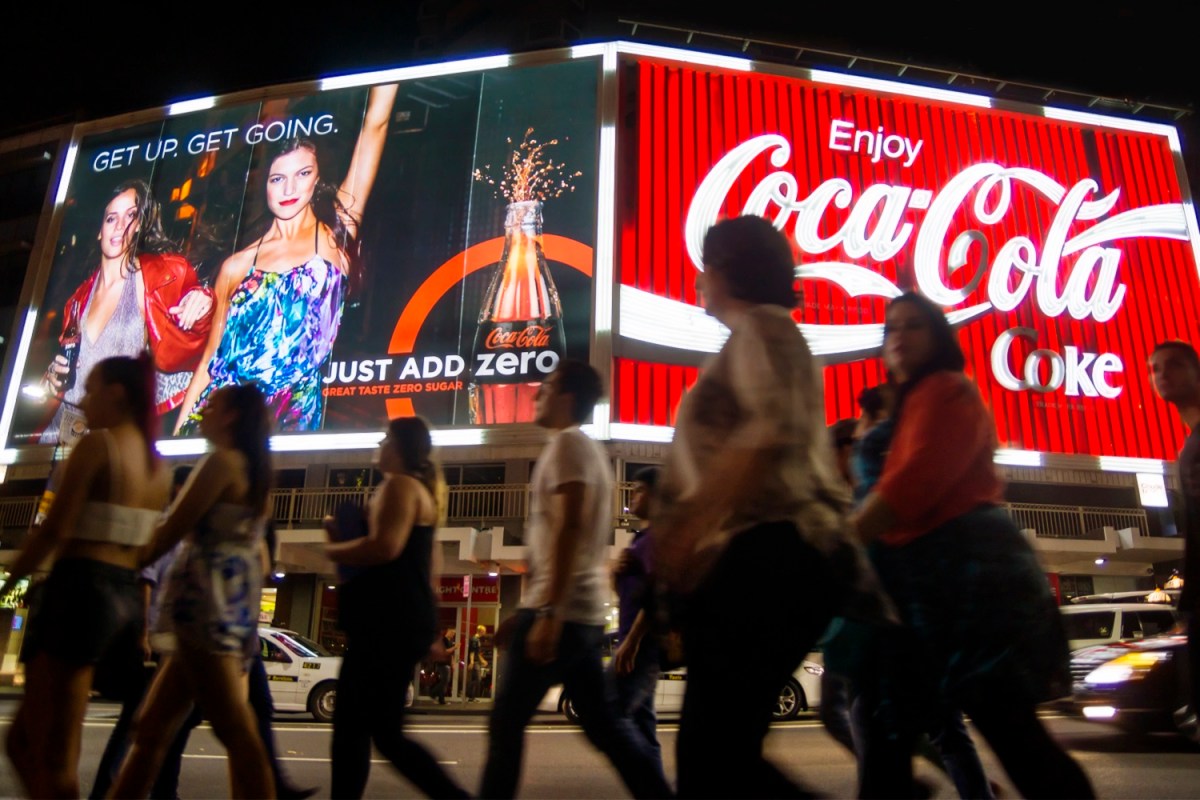On Tuesday 22 April, the Night Time Industries Association (NTIA) held a Q&A session with the Hon. John Graham, shadow minister for Night Time Economy and Music, in the lead-up to the NSW election this weekend.
Operators from bars, pubs, live music venues, festivals and other night-time economy participants were in attendance to ask Graham to detail the Labor Party’s policy on particular issues affecting the industry.
Graham first acknowledged that Sydney’s nightlife has come a long way since lockdowns, and that while returning a vibrancy to the sector has been much discussed, if elected, Labor intended to act on making the Sydney’s night-time offerings even more appealing.
“Everyone knows we’re going to bring the city back. What’s really got to happen though, is we’ve got to deliver that result on the streets of the city. And that hasn’t happened. So for me, the number one thing that we’ve got to do, the goal of this campaign and the work we can do together is to finish the job,” the Graham stated.
The shadow minister said a partnership between government and industry was crucial, and that a Labor Government would look to operators to lead the city nightlife’s revitalisation.
“What government doesn’t do well is public fun. That is where we’re going to let loose the creative spirits in the city. We don’t want our good venues and good festivals replaced by public festivals and by government events. Government operating fund just is not going to work ever since there’s a role for it. Really, this has got to be industry-led. That is absolutely crucial.”
In terms of policy, one of the first announcements the Labor party has made is to make the 24-Hour Economy Commissioner’s role a permanent, statutory one to guarantee that office funding moving forward, and to expand its remit to all of New South Wales, rather than just Sydney.
Supporting live music
A key focus for the Labor party is the revitalisation of the live music scene in New South Wales, with Graham pointing out that not only does a healthy live music scene enhance Sydney’s entertainment offer, but that it’s a largely untapped profit centre for a lot of operators. Labor intends to assist in this pursuit through the removal of a lot of regulatory red tape.
“In some ways, hospitality in Sydney is going really well. What’s got squeezed out over the last decade is performance. We’ve got less music, less performance than we ever had, and other cities at the same time have grown.
“So our goal there is to really turn the planning and legal systems on their head. Rather than use that to punish operators, we will use it to reward them if you put on a performance, whether it’s at a festival, in a venue, at a brewery or at a distillery.
“We want the system to be more supportive, more flexible, we want to be rewarding – including funding, some of the time – those activities.”
Graham is also very supportive of extending Special Entertainment Precincts into other areas of the state.
Early, key priorities
Graham also outlined some of the key priorities a Labor government would be focused on immediately after election. One will be looking at late-night public transportation. It’s a big job across multiple sectors, but Graham said it was a key focus that his ministry would be looking into alongside others.
Another key focus would be addressing the staffing crisis that has hit hospitality, and how Labor could support the sector.
“We’d like to get people around the table to talk about how to deal with that challenge. It’s not out of the question to apply funding in that space, but we need to do it effectively. It’s not out of the question to apply the training mechanisms of government and really use the weight of those, but we know we’ve got to respond really quickly given the challenges. So I see it as one of the first things to get around the table and really tackle.”
Another early focus would be surrounding pill-testing, with a roundtable formed composed of healthcare professionals, police, venue and festival operators to look into the issue.
Regulatory changes
Graham identified a few different areas which needed regulatory overhaul to benefit both industry operators and the public at large. One was surrounding the issue of noise complaints.
“We need to be able to make sure that neighbours have their concerns dealt with, but it’s not shutting down activity altogether. At the moment, those settings are wrong. There’s just no question that no one’s happy. Neighbours don’t know who to talk to, but venues or operators don’t have the sort of protection that they need.
“So…our goal will be two things, one, to simplify the regulators and simplify the law.”
Graham also stated that Labor wanted to work with industry on liquor license reforms.
“Our goal is the liquor system should not be a handbrake, it should be a way of rewarding operators, particularly for performance, and reward good operators.”
Ultimately, Graham stated that a good night out in Sydney to him meant that you could go from venue to venue unplanned, without difficulty or hesitation.
It was noted during the NTIA Q&A that Graham’s Liberal counterparts, the Hon. Alister Heskens, Minister for Enterprise, Investment and Trade; and the Hon. Kevin Anderson, Minister for Hospitality and Racing, were both invited to take part in the discussion, but declined.
Australian Hotelier has reached out to the offices of both ministers about the Liberal Party’s policies in regards to the state’s night-time economy, and will publish their response if and when they are received.

